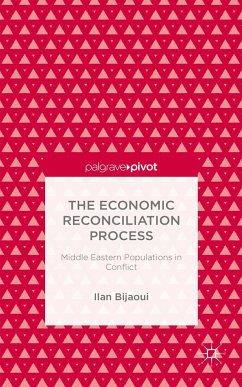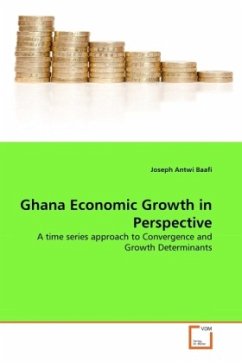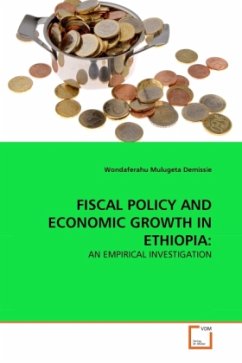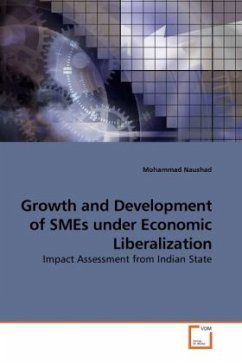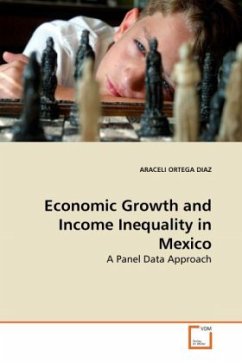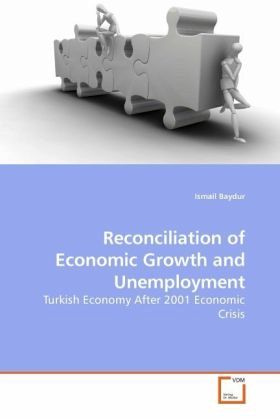
Reconciliation of Economic Growth and Unemployment
Turkish Economy After 2001 Economic Crisis
Versandkostenfrei!
Versandfertig in 6-10 Tagen
32,99 €
inkl. MwSt.

PAYBACK Punkte
16 °P sammeln!
This book analyzes the abrupt increase in unemployment rate despite high economic growth rates in Turkey after 2001 economic crisis. Turkey s experience has been discussed to a great extent both by scholars and policymakers. However, there is still not a complete agreement on how to tackle unemployment without retarding GDP growth. This book was originally written as a Master s Thesis during my education at Koc University and the analysis covers the period between 2001 and 2007. The analysis is kept as simple as possible though it allows to investigate the relationship between unemployment rat...
This book analyzes the abrupt increase in unemployment rate despite high economic growth rates in Turkey after 2001 economic crisis. Turkey s experience has been discussed to a great extent both by scholars and policymakers. However, there is still not a complete agreement on how to tackle unemployment without retarding GDP growth. This book was originally written as a Master s Thesis during my education at Koc University and the analysis covers the period between 2001 and 2007. The analysis is kept as simple as possible though it allows to investigate the relationship between unemployment rate and economic growth. Therefore, it employs the basic Solow model with labor market frictions that are summarized by a matching technology. The parameters are calibrated for Turkey and the model is simulated. It is shown that the equilibrium unemployment rate increases when the production technology parameter starts growing significantly faster.



